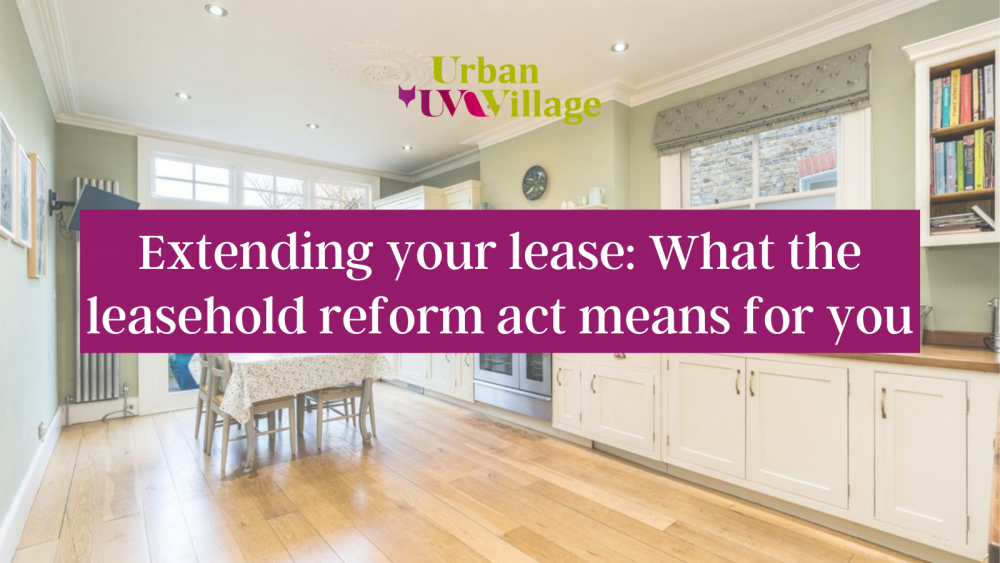On the 8th of February this year, The Leasehold Reform (Ground Rent) Bill received royal assent. Within six months, the act will come into force, and from then, ground rent will effectively be abolished.
If a new residential lease includes ground rent, it can’t be for more than one peppercorn, which in practice means freeholders can’t charge anything. The act also prohibits administration fees for collecting a peppercorn rent, so there’s no way to replace ground rent with an alternative charge.
If a freeholder charge ground rent in contravention of the act, they could face a civil fine of up to £30,000.
What does this mean for freeholders?
The act isn’t retrospective, so freeholders can continue to collect ground rent on existing leases. However, if the freeholder were to vary the lease, that would amount to a surrender and re-grant, and would fall under the LRGRA definition of a new lease. In that case, the freeholder would no longer be able to charge ground rent.
It’s possible that the market will see a real slowdown in leasehold purchases until the LRGRA comes into force, as buyers hold off to save themselves ground rent.
What does this mean for leaseholders?
First of all, the obvious – you won’t pay ground rent on a new lease with a term of over 21 years, once the law enters into effect.
The consequences for those who are already in a leasehold are more complicated.
The chances of arranging any changes to the terms of your leasehold will be practically zero. Since the LRGRA would define the renegotiated leasehold as a surrender and re-grant, the freeholder would lose the ground rent they would have been able to charge for the rest of the lease.
When it comes to extending your lease, the landscape has also changed.
Leaseholders are entitled to a statutory extension. If they’ve owned the leasehold for over two years, and it was sold with a lease of over 21 years, they can add 80 years to the lease. Alternatively, Leaseholders and freeholders can negotiate a voluntary lease extension. That allows the two parties to negotiate terms and ground rent, and not incur the legal costs of a statutory extension.
With the LRGRA, there is no real incentive for the freeholder to enter those negotiations, since they won’t be permitted to charge ground rent after the extension. If you wish to extend, you’ll very likely have to do so by a statutory extension, which involves administrative effort and legal costs.
While statutory extensions also typically reduce ground rent to the peppercorn rate, you will be legally bound to compensate the freeholder for the loss of ground rent.
So, what should you do now? That depends on whether you want to sell or stay in the property, but regardless, the very first thing you should do is check your lease for its full terms, and the time left on it. When you have that information, you can consider seeking some expert advice.
What else?
There’s more legislation coming, which will, if passed, ‘Give leaseholders of flats and houses the same right to extend their lease agreements “as often as they wish, at zero ground rent, for a term of 990 years”.’
Leaseholders may find themselves stuck between legislation, having to compensate freeholders for lost ground rent, if they choose a statutory extension, and not yet having the right to extend their term to 990 years.
For expert advice on what new and future reforms mean for your property, call our friendly team on 020 3519 9121, or email info@urbanvillagehomes.com.
